Author: Elisa Abrantes
As cities navigate the urgent demands of climate change, the need to involve citizens is becoming increasingly pivotal. At its core, citizen engagement in cities involves the active participation of individuals in urban decision-making. Strong citizen engagement contributes to climate strategies that are effective, equitable, and aligned with community needs.
Engaging citizens promotes public support for necessary but potentially contentious policies like low-emission zones or retrofitting buildings. It also fosters a sense of ownership over local environmental challenges, encouraging proactive participation and compliance. Citizen input helps identify specific community issues, enabling tailored solutions that enhance the effectiveness of climate initiatives. This feedback mechanism allows cities to adapt strategies to changing conditions. Furthermore, citizens influence city-wide emissions through their daily choices and behaviours and can therefore be important actors in reducing emissions.

Successful engagement can foster resilient, adaptable policies and stronger community relations, building trust that is crucial for the sustainability of climate actions. Engaged citizens are likely to sustain support for environmental initiatives, creating a positive cycle of sustainable practices. Cities that excel in engaging their residents are expected to see increased innovation, developing pioneering solutions to climate challenges. This collaborative environment accelerates the deployment of new technologies and practices, essential for the systemic transformation needed for climate neutrality.
By prioritising and refining engagement strategies, cities can unlock the full potential of their greatest asset—their people—paving the way towards a more sustainable and inclusive urban future.
The importance of these efforts is especially visible in cities participating in the Pilot Cities Programme, in which they test solutions to decarbonisation over a two-year period as part of the EU Mission to deliver 100 climate-neutral and smart cities.
As local actors come to terms with the speed and scale required to reach climate neutrality by 2030, their efforts towards social innovation and engaging citizens are becoming a greater focus in attempts to radically multiply collective actions towards climate neutrality. In the Pilot Cities Programme, citizen engagement has emerged as a cross-cutting theme, with many participating cities including it as a component of their pilot activities.
“It might surprise people that citizen engagement is so high on the agenda of so many pilot cities, but it’s an essential part of the transition. The pilots are focusing on a particular project, but they are the leading element of a much wider transition, taking place over many years” says Anthony Zacharzewski, from NetZeroCities partner Democratic Society. “Putting high quality, long-term citizen engagement at the centre of the pilots ensures that these high-profile projects demonstrate that city decision makers are listening, and that strategies will be set and implemented with ongoing public engagement.”
Citizen Engagement in Pilot Cities
Mannheim, Turku and Nantes started their journey in the Pilot Cities Programme in 2023, accepting the challenge to make their cities experimentation and learning hubs. These three cities have come to the programme with citizens at the centre of their projects.
Through their involvement, they receive funding to test and implement innovative approaches to rapid decarbonisation, inspiring and enabling others to follow suit.
Their stories offer valuable insights into how they are approaching the question of citizen engagement in their specific contexts, what they have learned and what they need to learn to reach climate neutrality by 2030.
Read their stories here:





